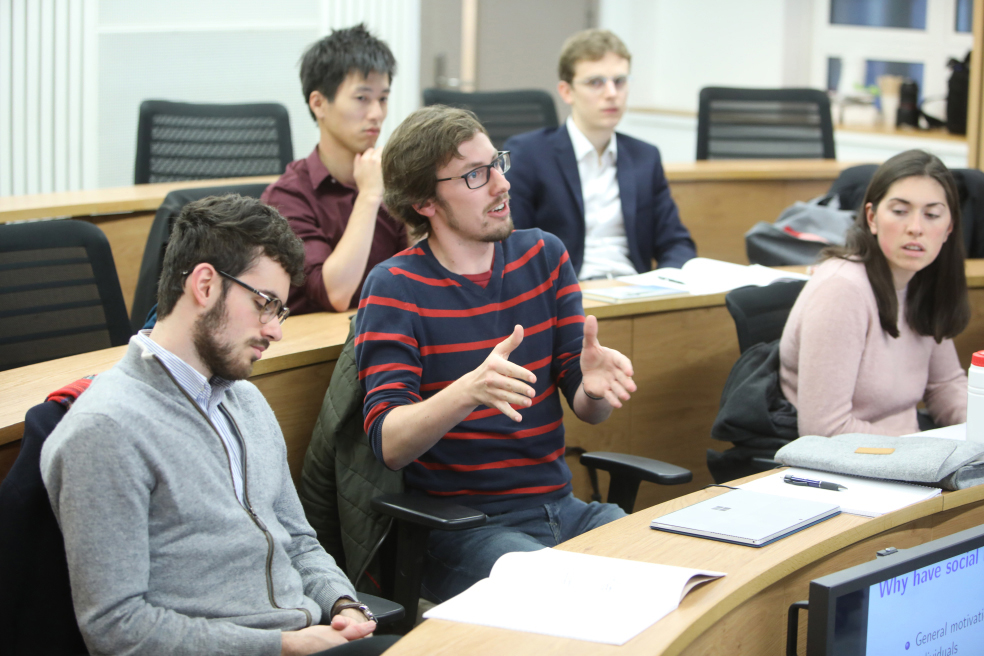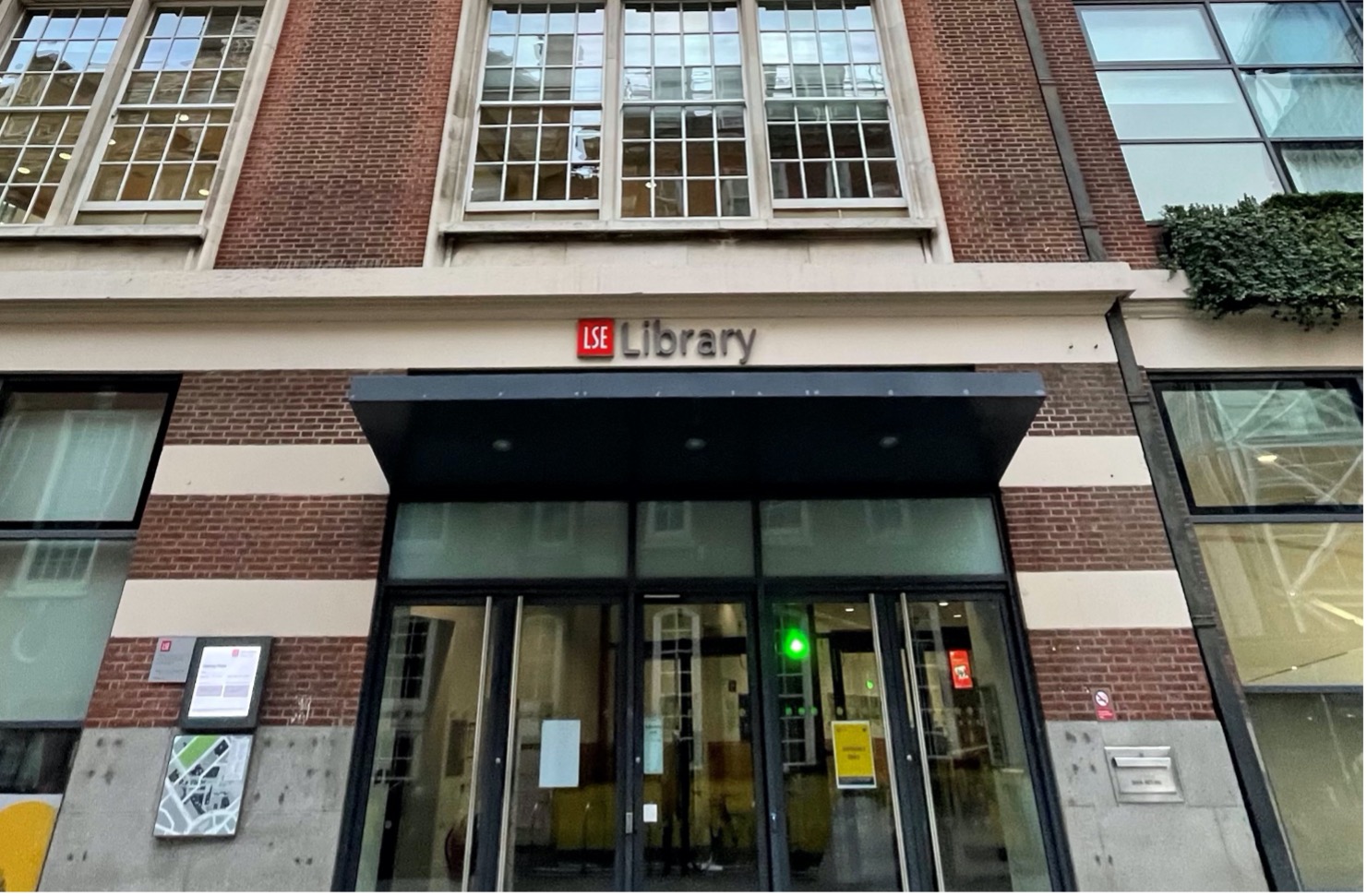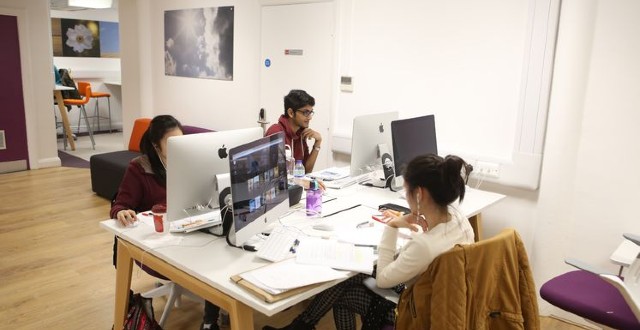What’s on offer at the Language Center
The Language Center offers degrees, language specialisms, and non-degree language courses. While degrees such as the BSc in Language, Culture, and Society are primarily geared toward undergraduate students, there are also plenty of opportunities for postgraduate students, including non-degree courses, English support for non-native speakers, and translation services. Additionally, many departments offer language learning discounts as an incentive for students. Undergraduate students from the UK/EU without a GCSE Grade 4 or equivalent in a language besides their native tongue are entitled to a free language course while at LSE. You might be surprised to find your department has a commitment to promoting language learning: as a postgraduate student, the Department of Statistics gave me a £100 discount on my year-long £315 non-degree language course!
Options for Beginners in Arabic
Among the nine languages taught at LSE as non-degree language courses, my particular interest lay in learning Arabic from the moment I set foot at LSE. I had been slowly learning the alphabet independently since the height of the COVID-19 pandemic and became obsessed with a band from Algeria. After traveling to Morocco twice in the past year, I became determined to learn to read and speak Arabic… although perhaps not the tricky Moroccan dialect.
At LSE I was faced with an almost overwhelming number of options. Since I had taught myself a good portion of the alphabet, I might qualify for the Level One Fast Track (for learners familiar with Arabic script). However, there was also the Level One Standard Track, which would help cement my knowledge of the letters and their sounds. Finally, there was the Level One Integrated Approach, which focused on the Levantine Dialect and Modern Standard Arabic reading and writing. Ultimately, I decided to pursue the Integrated Approach, as my research interests spanned the Levant, and speaking the local dialect was an essential aspect of language learning for me.
Class Time
Luckily, the Level One Integrated Approach course fits easily into my timetable with no clashes. Thanks to our small class size (only four of us!) we’ve settled into a comfortable and familiar dynamic. Our professor is a native speaker from Tunisia and has been able to share much more than just the language with us. In addition to offering insights about how locals speak the dialect throughout different parts of the Levant and the greater Arabic-speaking world, our professor has also drawn us into learning about local culture, including teaching us proper greeting customs and etiquette and encouraging us to make a collaborative Arabic-language music playlist to improve our speaking (and singing) skills. Our class structure is very engaging and friendly, and includes fun language-learning strategies, including role-play and acting! Arabic class has become one of my favorite times of the week!
Foreign languages in London
Finally, there is no shortage of places to practice any new language skills in London. In addition to being a wildly diverse city where almost every modern language is spoken, London is full of language learning opportunities, including language exchange cafés, foreign language film festivals, and international art galleries. Many of these are advertised through the LSE Language Center itself, so all you have to do is stay tuned for events and information, and dare to leave your English behind for an evening! Welcome! Or, in Levantine dialect Arabic: أهلا وسهلا






